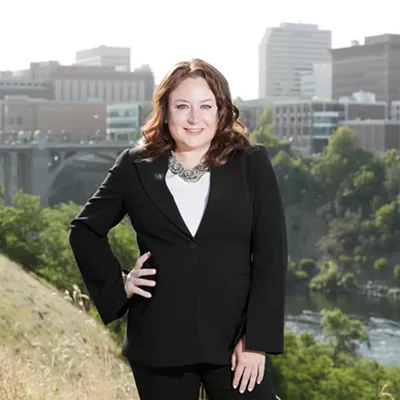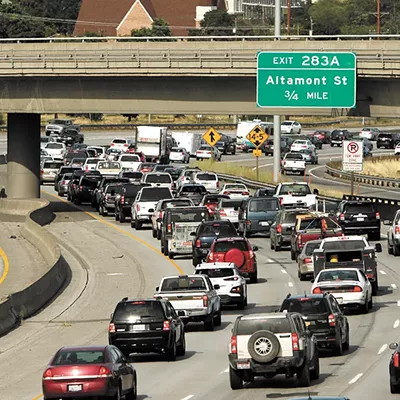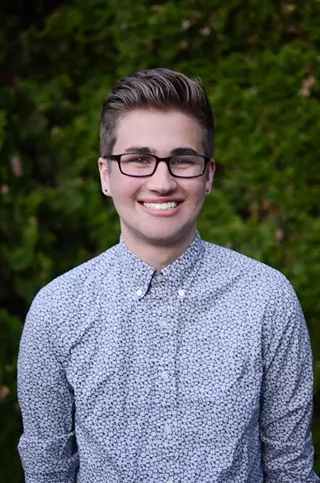New survey results show a dramatic uptick in teen e-cigarette and marijuana use. The survey of 10,000 Spokane County teenagers revealed that 26 percent of high school sophomores are vaping with e-cigarettes — that's twice the state's rate. Marijuana use is also on the rise, with 19 percent of sophomores admitting to using pot, and one in four high school seniors claiming they've used marijuana in the past 30 days. "I think there's an understanding through youth that 'Hey, marijuana is okay to use,'" says Kyle Unland, Director for the Health Promotion Division of the Spokane Regional Health District, in regard to the recent legalization of recreational marijuana, "but it's not, of course, and can lead to a lot of problems and issues," including long-term effects on the brain. Impaired driving is also an issue, as one in five sophomores admitted to riding with a driver who was high. Unland says more education and prevention programs are coming as Washington state allocates funds.
Marijuana Use Out
1 in 4 Spokane County high school seniors reported using marijuana in the past 30 days. One in four Spokane County high school sophomores also admit to using e-cigarettes. That's twice the state's rate.
Opting Out
This past year, measles, a disease that was declared eliminated in the United States in 2000, made its way to Washington state, and for the first time in 21 years, to Spokane County. The re-emergence of measles forced Spokane Public Schools to pull out 143 students in April because they were in violation of the vaccination law. In July, it was revealed that the first person to die from measles in 12 years was a woman from Washington's Clallam County. Ultimately, the measles scare revived the debate of whether or not parents should vaccinate their kids, especially when they are about to enter school.
School reports show that kindergartners in Eastern Washington and North Idaho counties are, for the most part, far below the desired percentage for properly vaccinated children, which the Washington Department of Health says is 95 percent, in order to provide "community immunity" or what others call "herd immunity."
Sick Leave Study
A 2015 Spokane Regional Health District report shows that access to paid sick leave encourages healthier workplaces and provides economic security — but workers who need it simply don't get it. The report shows that workers earning lower wages, with less education — especially those who work in the service industry for restaurants and hotels — are much less likely to have paid sick leave. This is not a healthy trend, the report concludes, because these workers are often reliant on their hourly wages and are more likely to go to work sick and spread disease.















